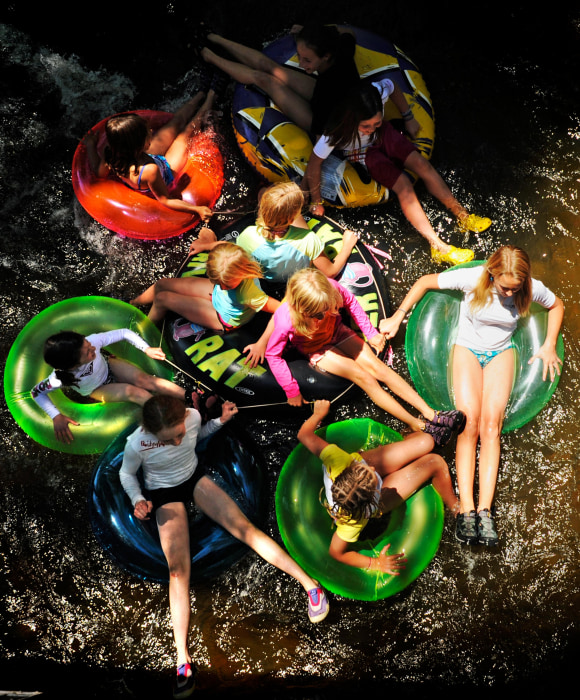Teens thrive on risk. Thanks to recent findings* about the unique attributes of the teen brain, we now understand the reason for the “mortality bump” for 17-year-old boys. They do stupid, daring things not because they aren’t aware of the dangers, but because—to them—the reward of leaping from a rocky cliff or speeding along a curvy mountain road seems to far outweigh the risk. But what does this have to do with summer camp?
The answer lies in the third of our 5 reasons why EVERY child should go to summer camp:
REASON #3: Take Safe Risks and Create Challenge
A teen at camp has the opportunity to take many safe, controlled risks. Climbing to new heights on a rock wall or ropes course, jumping the wake of a boat on a wake board, or reaching the peak of a 10,000-foot summit are all healthy risks teens take at camp. Plus, being in a controlled camp environment frees teens from exposure to health risks like alcohol and drug use. Risk aversion can give rise to undesirable behavior later in life (Read our blog: ‘Perhaps the Safest Place to Make Mistakes…And Learn From Them‘).
Though the long-term consequences of risk avoidance are still not fully understood, it does seem that the ability for children to make their own decisions in free play encompasses the ability to take risks, to experiment with cause and effect (consequence). Important in this is the freedom to make mistakes and learn from them, to learn how to negotiate fear and adversity. There are lots of ways that this can be achieved, but getting kids outdoors and leaving them to their own devices is integral to the summer camp program. And the forgiving, nurturing environments created by close-knit ‘uni-cultures’ at camp are, perhaps the safest places to make mistakes…and learn from them.
Then there are the benefits of a solid, positive camp program that challenges teenagers to go outside their comfort zones, under an umbrella of support, guidance, and safety. Camp programming that challenges teens or offers ways to take true responsibility, such as in a counselor-in- training (CIT) or leader-in-training (LIT) program, are tremendous antidotes to what has been called ‘the frivolous, media-controlled world of teen culture’ (Epstein, 2014). And camp programs that give teens an opportunity to give back by performing a service for others can be equally as powerful.
Adolescence now lasts longer than ever, and the adolescent brain is surprisingly malleable. These new discoveries make this time of life crucial in determining a person’s ultimate success and happiness.
Laurence Steinberg, PhD
A strong, positive camp culture is the true ‘medicine’ for the adolescent brain: meaningful, authentic connection with caring adults; an opportunity to take healthy risks and master new skills ; and the chance to develop one’s emerging sense of self.
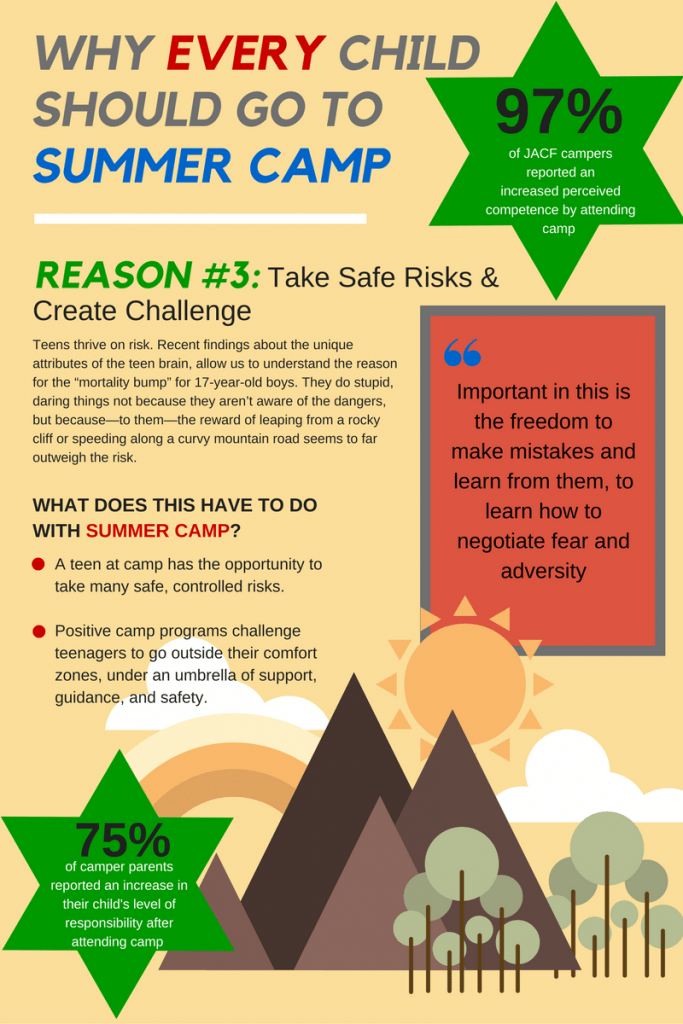 References:
References:
*Age of Opportunity: Lessons from the New Science of Adolescence (Laurence Steinberg)
Sunshine Parenting, January 23, 2015

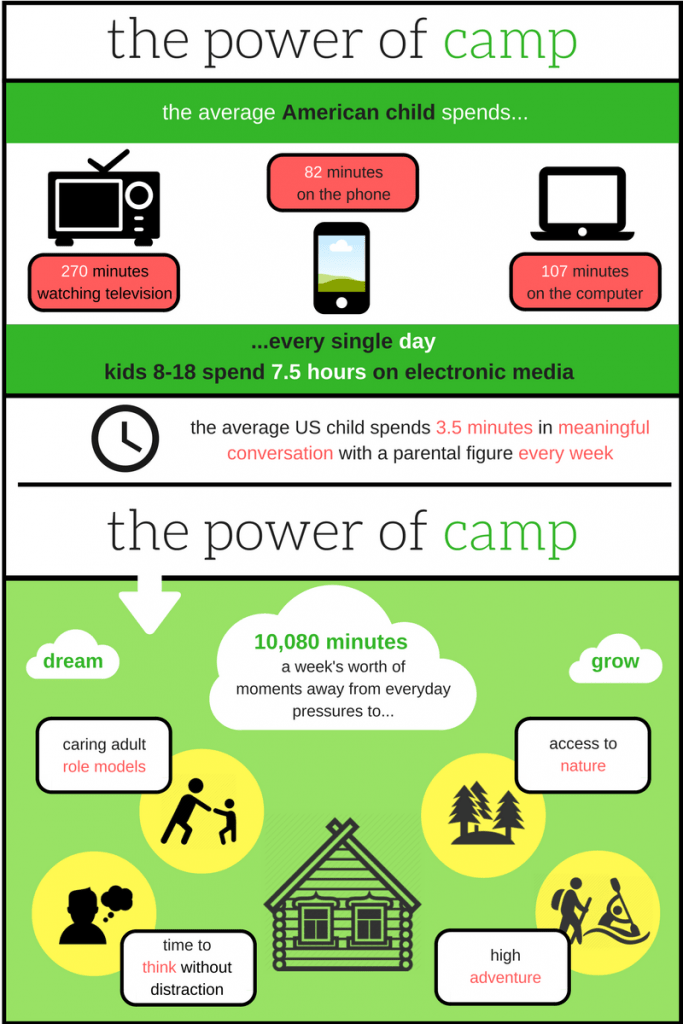


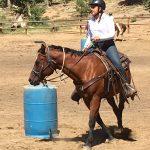







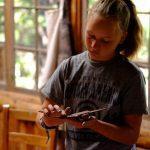












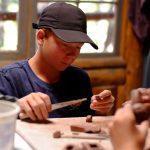




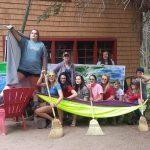

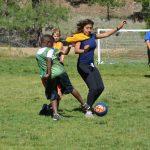





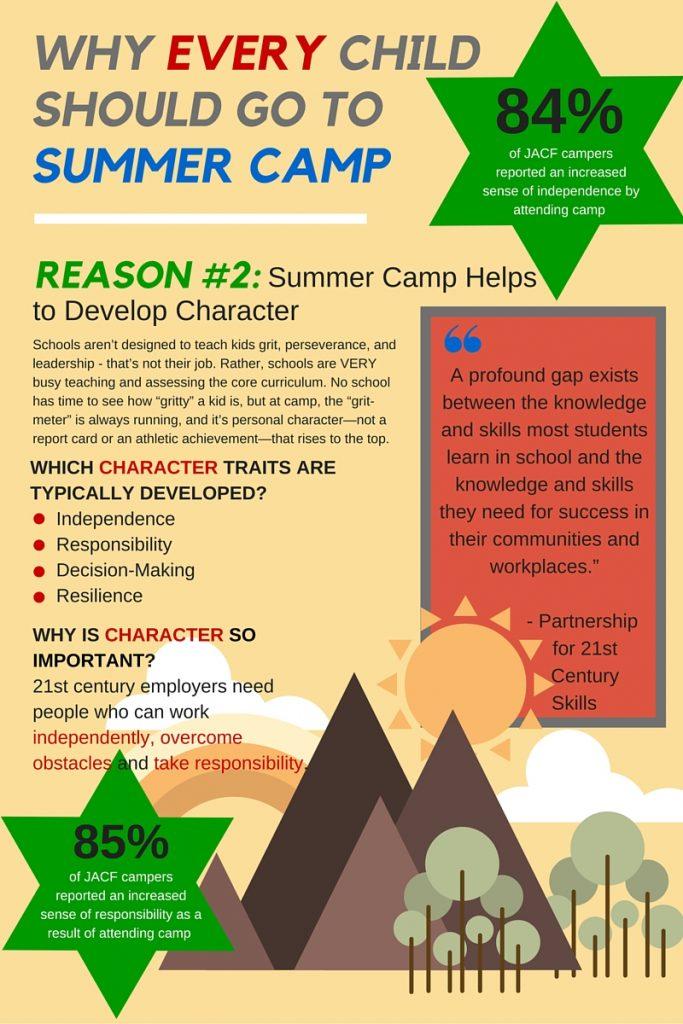 References:
References:
